This article was written as part of a series for Earth Day, with contributions from the Mananalu team. It was originally published on the Mananalu blog on 18th April, 2023. It is reproduced here with some small edits.
You may have seen Mananalu's Drink One, Remove One promise: for every bottle of Mananalu that you drink, Mananalu removes the equivalent of one plastic bottle from ocean-bound waste, together with rePurpose Global.
But, how does this really work? How do Mananalu support plastic being collected and recycled in Indonesia, a country with a very acute plastic waste crisis?
In this blog, we'll explain how a bottle of Mananalu helps prevent the damaging impact of plastic waste on Indonesia’s oceans and marine life.
Drink One, Remove One
Mananalu's mission is to #unplastic the planet and eliminate single-use plastic bottles. Beyond offering a recyclable aluminum alternative to single-use plastic water bottles, it has partnered with rePurpose Global. This is the partnership that powers the ‘Drink One: Remove One’ promise. For every bottle you drink, Mananalu finances the removal and recycling of the equivalent of one ocean-bound plastic bottle.
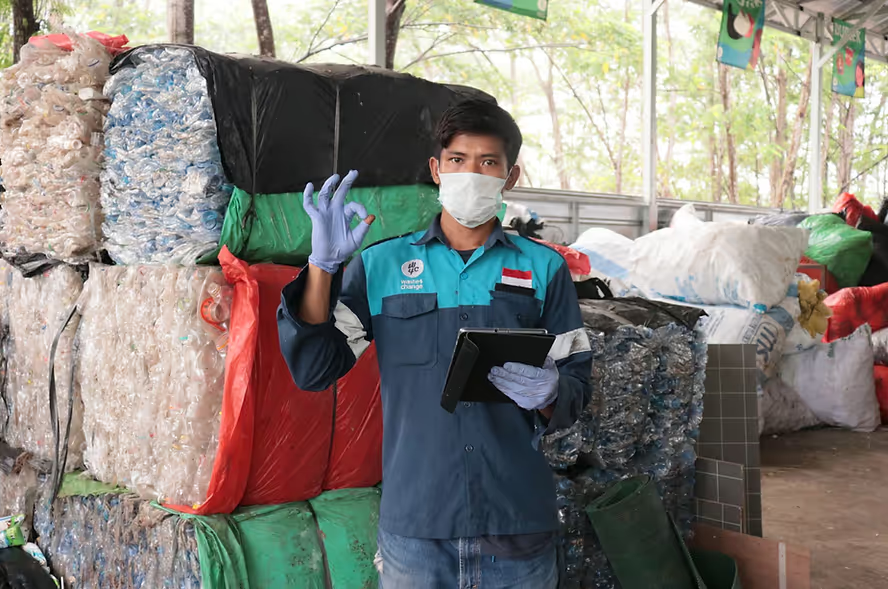
Indonesia: marine life worth fighting for
We can't emphasize this enough: A healthy ocean is vital for the future of life on earth. It is home to a vast and diverse array of life, it absorbs huge quantities of carbon dioxide and provides oxygen, and thriving seas provide us with food and resources.
It's therefore no coincidence that Mananalu fund an impact-program in Indonesia. The waters boast some of the world's most incredible marine biodiversity. A large portion of the “Coral Triangle” is in Indonesian waters. This is an area that is home to 76% of the world's coral species, six of the world’s seven marine turtle species, and more than 2000 species of reef fish.
But Indonesia’s coastline and marine environment is under threat from mismanaged plastic waste. Current waste management infrastructure is unable to cope with the waste generated by Indonesia’s growing population (already over 280 million) which spread across hundreds of islands in the archipelago. Over 60% of waste is mismanaged (i.e. illegally dumped, burned, not properly collected and/or contained), only 10% of plastic waste is recycled, and Indonesia is potentially the world’s largest contributor to ocean plastic pollution.
Plastic pollution damages Indonesia’s rich marine biodiversity as well as vulnerable mangrove, seagrass, and coral reef ecosystems. The plastic floating in the sea and washing up on beaches, and images such as a manta ray swimming in plastic-infested waters, are damaging for Indonesian tourism. Plastic pollution also heavily impacts the fishing industry, and the impact of plastics to Indonesia’s ocean economy has been estimated to cost the country over $450 million per year.
A Mananalu bottle is a solution for the pollution
To tackle the problem of ocean plastic pollution in Indonesia, Mananalu support rePurpose Global’s impact project Laut Yang Tenang – which means ‘calm seas' in Indonesian.
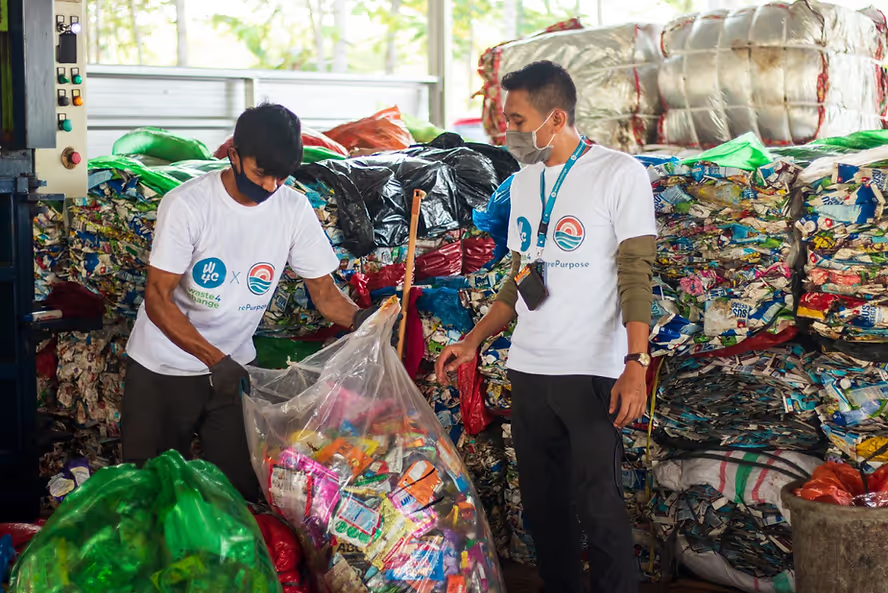
The goal is to collect low-value plastic waste, like plastic bags (the ones made from a plastic called low-density polyethylene - LDPE) that are otherwise burned or dumped. These are intercepted before finding their way into waterways and the ocean. Because of funding from Mananalu and other brands, rePurpose Global are able to engage a network of informal waste workers, improve door-to-door collection services, and enhance local waste banks. The project enables the collection and recovery of thousands of kilograms of plastic bags. Mananalu’s support incentivizes the collection of these plastics. This means that Laut Yang Tenang’s collection and recovery is ‘additional’ – plastic recovery attributed to Mananalu would not have been recovered without Mananalu’s contribution.
From plastic trash to transportation pallets
Following collection, the plastic waste is segregated, cleaned and baled so that it is ready for recycling. The baled LDPE is transported to Re>Pal, a renowned recycling partner in Indonesia. Here it is converted into plastic transportation pallets, reducing the need for virgin raw materials.
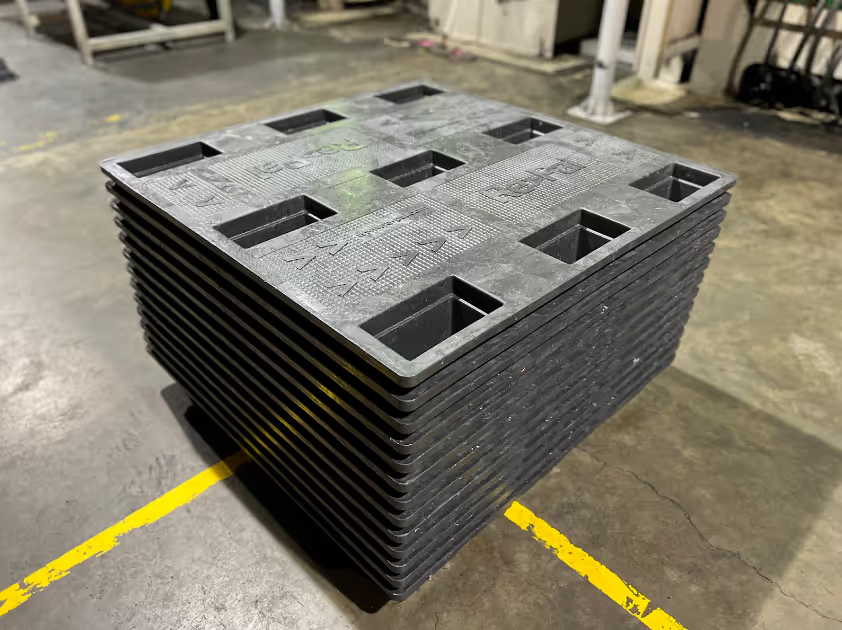
A wave of change
rePurpose Global’s Laut Yang Tenang project has collected and recycled over 3.5 million lbs of additional ocean-bound plastic waste, and is run in partnership with award-winning waste management innovator Waste4Change. This contributes to the protection of precious marine ecosystems, and the livelihoods of over 200 workers. With support from brands like Mananalu, the project will continue to grow, and plastic recovery will continue to increase.
At rePurpose Global we know that recovering plastic waste is just part of the solution to the global plastic crisis. We also need to work together to reduce plastic use, redesign packaging, invest in recycling infrastructure, as well as to clean up legacy plastic waste that is already choking our oceans.
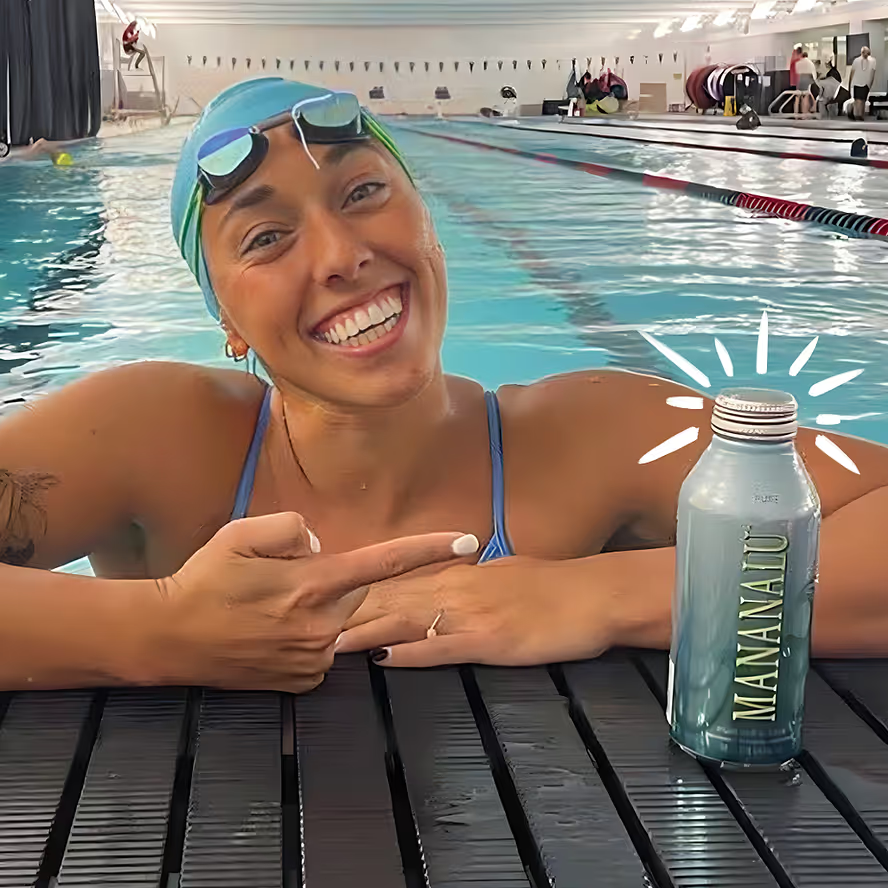
We are all in this together, and it is inspiring to see our community and Mananalu's community (aka you) choosing plastic alternatives more and more. By choosing Mananalu water you’re not just choosing a recyclable alternative. Drink One: Remove One and the partnership with rePurpose Global actively fights against ocean plastic pollution in Indonesia, contributes to a more circular economy, and supports waste workers (read the partner blog here for more about this). This is some serious wavemaking.
We encourage you all to join the movement, fight plastic waste, and protect our oceans.

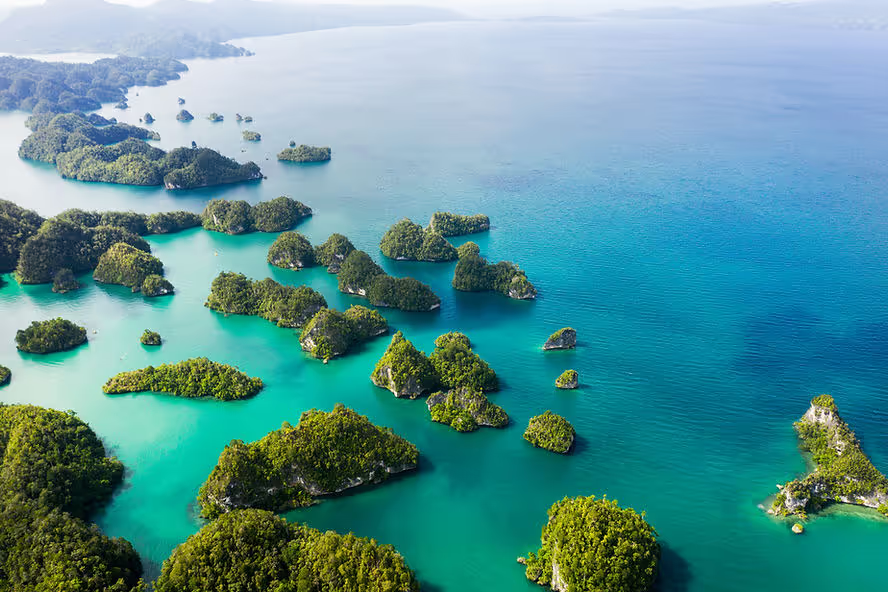
.png)
.avif)
.png)
.avif)






